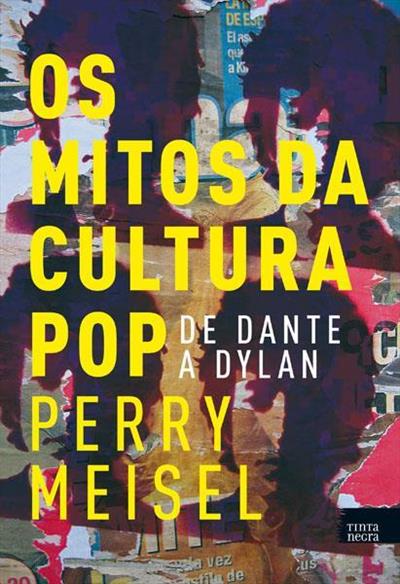At the risk of abandoning a position that has given me the pleasure of justifying much crossover muzak, I am obliged, in all musical conscience, to praise the Vibrators, one of a growing number of you-know-what-kind-of-bands from England to release a record in America during the last few months - Pure Mania, on Columbia.
Unless you want to worry about the usual Dire & Dreadful/cute & capricious metaphysics, the worst thing you can say about the new LP is that it very often sounds like a rip of the Ramones. But to find the Ramones' imprint everywhere on Pure Mania is a sign of filiation and homage rather than of derivativeness or even anxiety of influence. In fact, the absence of an anxious struggle with rivals or precursors may explain the Vibrators' ultimately secondary status, not only compared to the Ramones, but also to the Jam, who seem to be their other principal analogue, and who are considerably more joyous and effusive than the dark and tight-lipped (though humorous) Ramones themselves.
Nonetheless, these two kinds of p--k combine in the Vibrators to make music that is bone-crunching and hip-shaking (or is it just head-bobbing?) on the one hand, but also insidiously melodic on the other. Anchored as much in Liverpool as in East London or the Bowery, the more-than-three-chord verses and surf-swiped bridges of tunes like "London Girls" or "Sweet, Sweet Heart" situate the band in a radiating wheel of influence that doesn't trap it in cliche but gives it instead an epic tradition and a future.
They can play, too, executing much slower, bumpier grooves than I'd ever heard - or thought I'd heard - at CBGB, and very straightforward vocals, sometimes not even overtracked like the Ramones'. They're also twangier than either the Ramones or the Jam, not just because they vengefully stutter and stagger the rhythm guitar licks that hold the sound together, but also because they leave lots of breathing space between phrases, whether on drums, lead guitar, or vocals. This almost r&b quality is probably what is so appealing, although it is r&b in the sense defined not only by Memphis but also by the Who. On "London Girls," "Keep It Clean," "Sweet, Sweet Heart," and "Whips and Furs," the premise is a pumping Southern thing adapted to discreet metal, and leavened in the case of the last tune with a surpassingly melodic channel underlined by peripatetic, powder-puff (read McCartney) bass whose harmonic logic threatens to break into bebop deconstruction. On "You Broke My Heart," there's even a Claptonesque guitar solo added on top of distinctly syncopated rhythm riffs, helping to constellate the band (also) somewhere between the Ramones and the current mainmen inheritors of British rock and roll proper, the Rumour.
The greatest song on the record, as distinctively the Vibrators as "Sheena" is the Ramones, is "Baby Baby," a cute and (wittingly) plodding Herman's Hermits kind of dumbo music hall ballad with a buried passion that surfaces on an exuberant chorus with shouts of "Baby, baby, baby!" reminiscent of early Stones. All this happens over a slow-pumping vamp hardly as naive as the melodic facade makes it appear, especially once the lush, bluesy organ drenches deepen the late choruses and the solo guitar fills begin to remind you of Robin Trower bleeding his heart out with Procol Harum.
Stones and others aside, there is also the Beatles. One unmistakable allusion to them here is the concluding chord of "Wrecked on You," although what I'm really thinking about is a specific Beatle tune - "Polyphene Pam," whose changes and guitars the Vibrators virtually copy for eight bars at the start of the chorus on "Stiff Little Fingers." We interpreted "Polyphene Pam" in the fall of 1969 as a parody of the Who, an interpretation that still stands today, especially if you consider how much of p--k is Zep and the Who mediated through Beatles as well as Stones, with the net result that the idea of the power trio gets pushed back in time and applied as an ensemble strategy to pre-Cream vocalizing and song-structures alike. The full range of influence, and inflexion of course, is even more expansive than that - notice, for example, the way John Kay vocals get woven with Zep guitar on "Petrol."
What is most remarkable, though, is that p--k rarely comes off sounding as pale or derivative as such bondage to sources might suggest. Its paradox and its appeal lie in a naturalness and immediacy out of all proportion to its dependence on the past. And what the mechanics of this mysterious alchemy may be is something we'll be tossing our brains about for some time to come.
Originally published in The Village Voice, May 1, 1978



